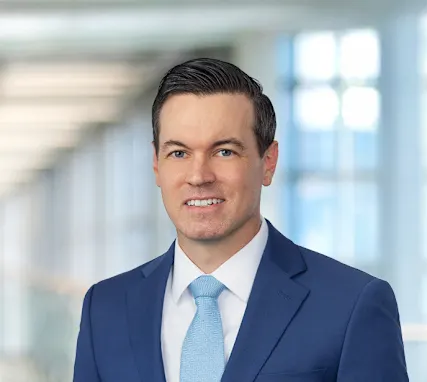Pro bono is core to Reed Smith’s identity, reflecting our deep commitment to serving those in need, protecting fundamental rights, and strengthening the communities we support.
70,000
Pro bono hours contributed by Reed Smith lawyers in 2024, valued at over US$50 million
600
We provide legal advice and representation to around 600 individuals each year, in collaboration with expert NGOs and charities
70,000
Pro bono hours contributed by Reed Smith lawyers in 2024, valued at over US$50 million
600
We provide legal advice and representation to around 600 individuals each year, in collaboration with expert NGOs and charities
300
We deliver pro bono commercial legal advice to over 300 charities and nonprofits each year
140
Billable-credit pro bono hours available annually per lawyer




